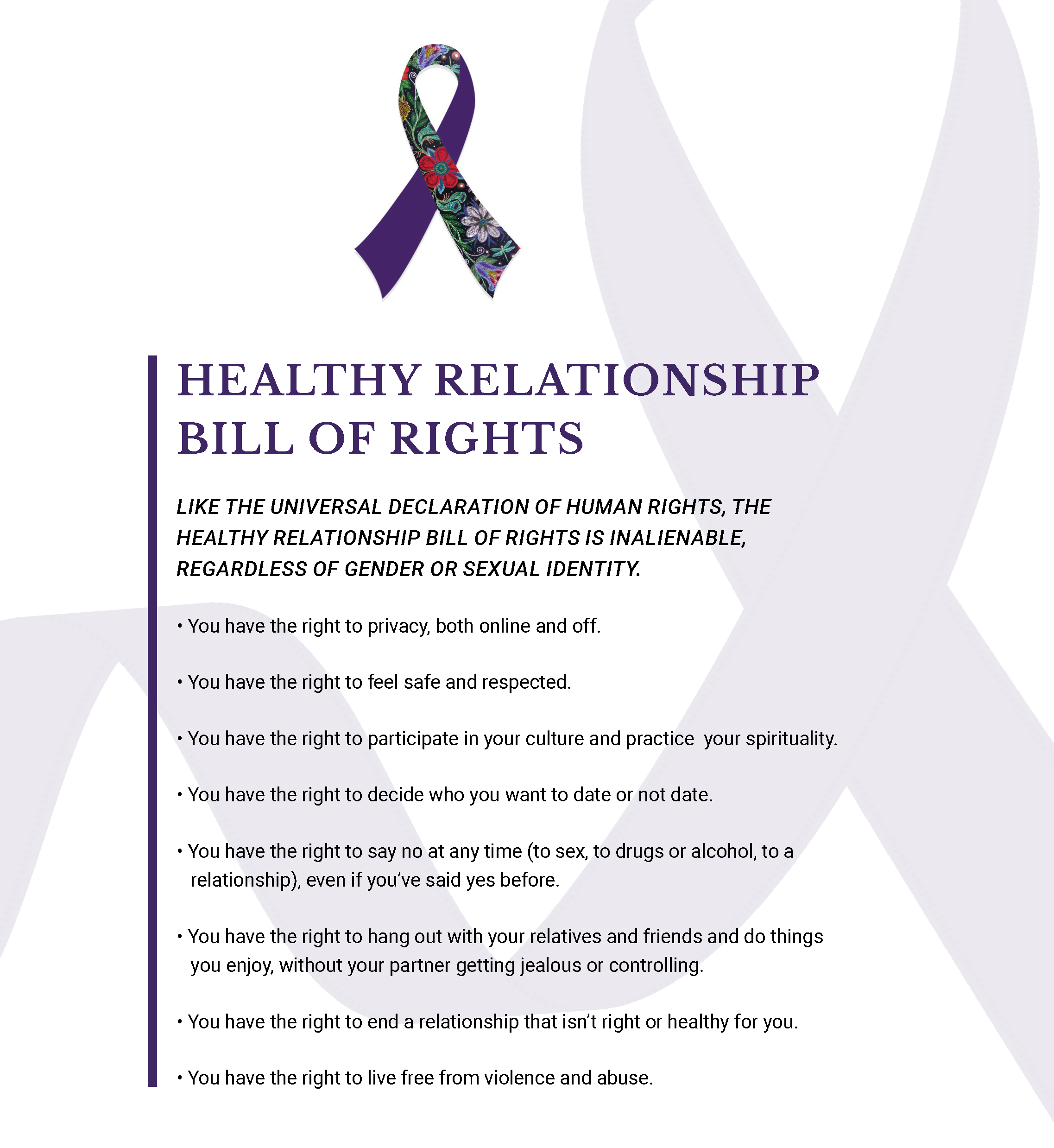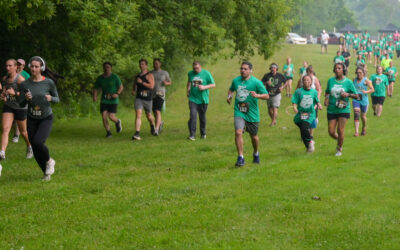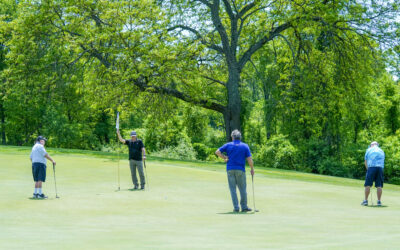“Even in thought, women are to be respected.”
These sage words from Native activist and leader Tillie Black Bear of the Sicangu Lakota, known as the Grandmother of the Battered Women’s Movement, emphasize the deep reverence for women ingrained within Native American culture. Yet, Native women continue to be victimized at shocking rates – most often at the hands of non-Natives.
Indeed, more than 4 in 5 American Indian and Alaska Native women and men (84.3% and 81.6%, respectively) have experienced violence in their lifetime. However, Native women endure domestic violence and sexual assault at much higher rates than any other ethnic group, according to the National Coalition Against Domestic Violence.
- Native American women have experienced sexual violence 56.1%
- Native American women have experienced physical violence by an intimate partner 55.5%
- Native American women have experienced stalking 48.8%
- Native American women have experienced psychological aggression by an intimate partner 66.4%
- Native American women have experienced violence at the hands of at least one non-Native perpetrator 97%
Domestic violence, or intimate partner violence, is a pattern of abuse to maintain power and control over their partner. Domestic violence can range from physical, sexual, emotional, digital, financial, cultural, or spiritual abuse. This abuse can happen in any intimate relationship – regardless of your age, gender, sexual orientation, or socioeconomic status – and can leave a devastating impact.
Trauma from domestic violence can lead to PTSD, substance abuse, depression, anxiety, and long-term health problems such as chronic pain, arthritis, migraines, and digestive or immune systems problems. These ramifications also affect children who witness or experience domestic violence throughout their lives, resulting in triple the rate than the national average of post-traumatic stress disorder for Native American children and an increased likelihood to use violence against others.
No matter who is being abused, it is never okay. The Hon. Melissa L. Pope, Chief Judge of the NHBP Tribal Court, has been involved with the anti-violence movement for decades.
“It is incredibly important that criminal jurisdiction over any person who commits violence against an Indigenous person is returned to Native Nations,” Judge Pope said. “The current jurisdictional maze fails to hold accountable those committing violence on Tribal lands and perpetuates the creation of predators who target Native people because they do not fear prosecution.”
Judge Pope believes the level of violence committed against Lesbian, Gay, Bisexual, Transgender, Intersex, Queer, Questioning, and Two Spirit Individuals further highlights that criminal jurisdiction is crucial to protecting the lives of Indigenous Women, Children, Men, and LGBTIQQTS Individuals.
“With the successful implementation of jurisdiction returned in the Violence Against Women Reauthorization Act of 2013, and the recent U.S. Supreme Court decision in U.S. v. Cooley affirming the inherent authority of Native Nations to protect the health and safety of Tribal Citizens through Tribal Police investigating the criminal conduct of non-Natives – and with NHBP continuing to be leaders in this movement by joining the National Indigenous Women’s Resource Center’s Amici Brief that was cited in the Supreme Court Opinion – there is hope for a future without violence against Indigenous People,” Judge Pope said.
Domestic violence is not traditional to Native cultures; for NHBP, it violates the Seven Grandfather Teachings and the very essence of Bodéwadmi culture. Many scholars believe the abuse of Indigenous women and children can be traced back to colonization – when Europeans introduced violence, domination, and ownership of Native women that became the norm through U.S. polices – and that consequently, harms Native Americans today through the suffering of internalized oppression and the normalization of violence.
This violence against Native women can be stopped by reclaiming traditional Native values, belief systems, and lifeways; when the sacredness of women and children are honored. Like the Round Dance, held in past years and the 2020 Hand Drum Social, traditional ceremonies promote wellness and healing through prayer, Songs, and Drumming to restore the spirit and renew a sense of hope.
The Round Dance is an opportunity for the community to come together to support those affected by violence in a safe place to enjoy traditional Native culture, including traditional foods, ceremonies, Drums, Singing, and Dancing. In honor of Domestic Violence Month, NHBP will host the Annual Healing Hearts for a Strong Nation Round Dance and Feast to raise awareness of the violence affecting Native Americans on Friday, October 29, at the Pine Creek Community Center. If the COVID-19 Pandemic prohibits gathering in person, we will once again host a Virtual Hand Drum Social to celebrate survivors and support NHBP’s commitment to returning to traditional Bodéwadmi culture where violence has no place and every person is treated with respect.
If you or someone you know is a victim of domestic violence, there is help.
For more information about the Victim Services Department, contact Domestic Violence Victim Advocate Patti McClure at 269.704.8396 or patricia.mcclure@nhbp-nsn.gov or Victim Services Assistant Alyssa Smith at 269.832.0532 or alyssa.smith@nhbp-nsn.gov.
Or reach out to the national Native Helpline for domestic and sexual abuse, StrongHearts 24/7 Native Helpline at StrongHeartsHelpline.org, or 1.844.762.8483 for culturally appropriate support and advocacy.





0 Comments